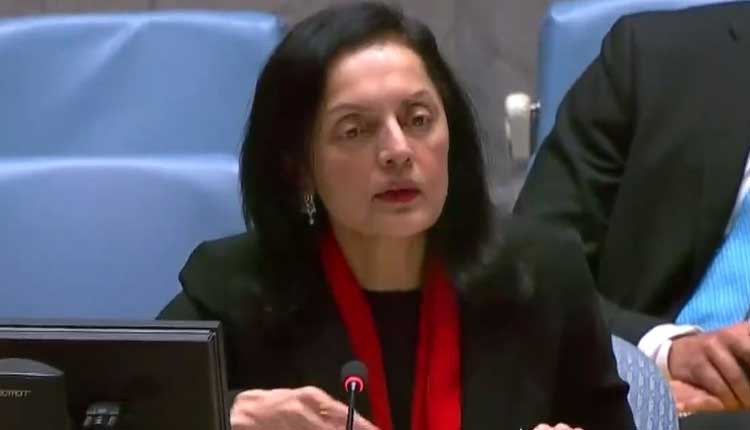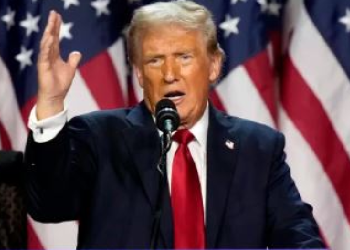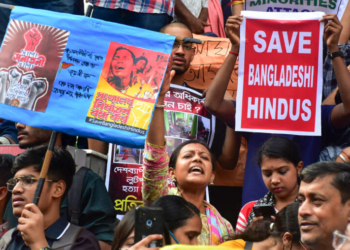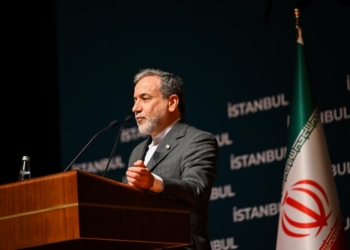United Nations: India has called attention to the rampant violence perpetrated against women by terrorists and reinforced the demands for zero tolerance for terrorism.
Speaking at the Security Council on Tuesday, India’s Permanent Representative Ruchira Kamboj said that “women and girls suffer invariably and disproportionately” from terrorism and violent extremism that are the biggest violators of human rights.
“Violence against women and girls perpetrated by terrorists remains rampant” while being “a persistent threat to global peace and security”, she said.
While the Council was holding a debate on “Women, Peace and Security” and looking ahead to the 25th anniversary of its landmark resolution on the matter in two years, Pakistan’s Foreign Minister Bilawal Bhutto Zardari raised the Kashmir issue, twinning it with Palestine.
Claiming that Kashmir was under “foreign occupation”, he asserted that the “most egregious “atrocities and crimes against girls and women” were taking place in those two areas.
Rather than elevate it with a detailed response, Kamboj said, “My delegation considers it unworthy to even respond to such malicious and false propaganda. Rather, our focus is where it shall always be – positive and forward-looking”.
She added, “Let me dismiss the frivolous, baseless and politically motivated remarks made by the delegate of Pakistan regarding the Union Territory of Jammu and Kashmir”.
Pakistan’s persistent attempts to bring Kashmir into every speech at the UN regardless of the speech have failed to draw attention to its version of the issue and India is peremptorily discussing them.
Ministers from several countries participated in the session chaired by Veronica Nataniel Macamo Dlhovo, the foreign minister of Mozambique, which holds the Council’s presidency.
Many of the about 90 speakers expressed concern over the setbacks suffered by women in Afghanistan, where their rights are severely curtailed by the Taliban; in Ukraine devastated by Russia’s invasion, and by civil war and conflicts in places like Yemen, Mali, South Sudan and Syria.
Sima Bahous, who as the executive director of UN-Women is the top UN official for women’s issues, said that gender equality made strides with many historic firsts during the first two decades after the Council adopted the resolution on women, peace and security in 2000.
But since then there has been backsliding with “gender apartheid” resurfacing in Afghanistan and conflict, violence and refugee crises hitting women the hardest, she said.
“We neither significantly changed the composition of peace tables, nor the impunity enjoyed by those who commit atrocities against women and girls,” she said.
Kamboj said that in post-conflict situations, steps should be taken internationally to “address meaningfully and institutionally the inequalities and violence faced by women, and to ensure their full participation in decision-making”.
Kamboj said, “We have been emphasising the importance of an inclusive and representative governance in Afghanistan, with the meaningful participation of women in accordance ” with the Council resolution from 2021.
She emphasised the role of women in UN peacekeeping where “women police officers and peacekeepers play an indispensable role” and said that India welcomed the efforts for gender parity in the operations.
India made the “single largest deployment of women peacekeepers” to the UN Interim Security Force in Abyei (UNISFA) in Sudan in January and was the first country to send police units made up entirely of women in 2007 when they joined operations in Liberia.
Kamboj said that “the principles of democracy, pluralism and the rule of law are essential prerequisites” to create a “conducive environment for the participation and inclusion of women in political processes and decision-making”.
(IANS)


















